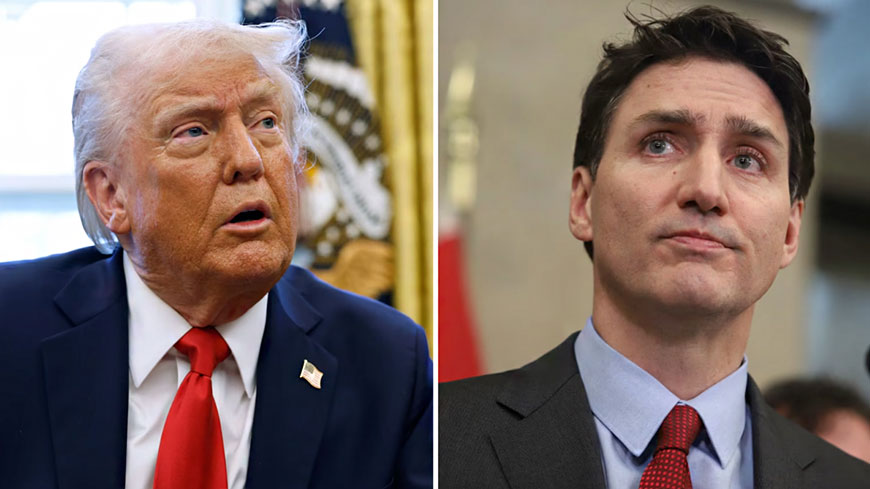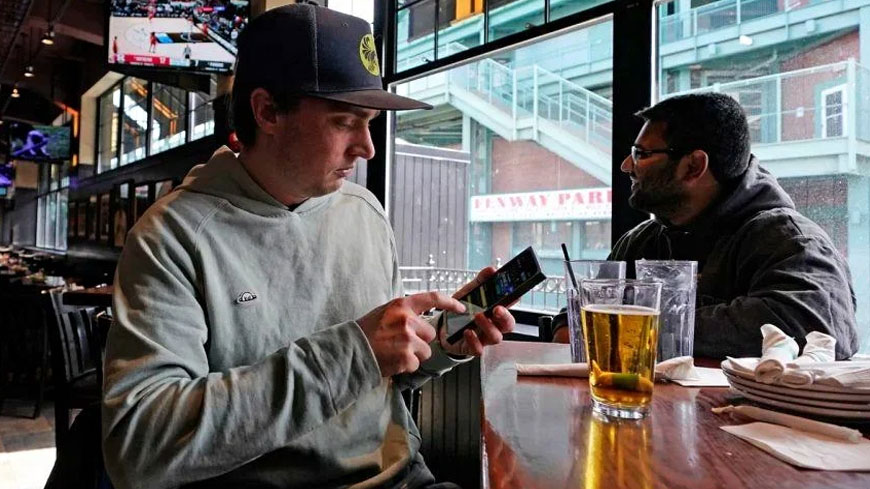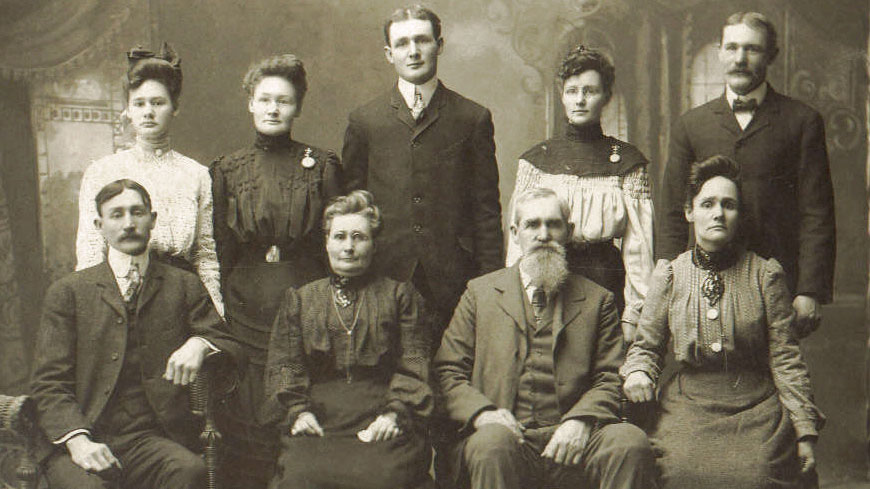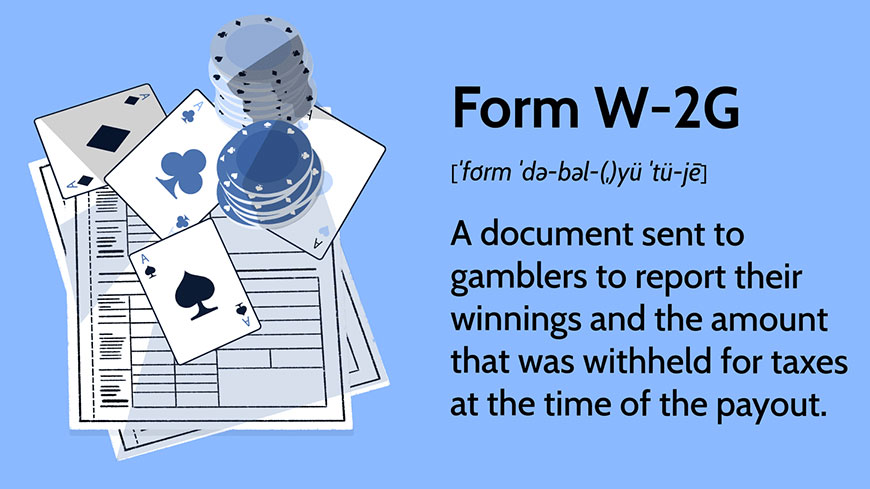Is the Canadian Travel Boycott Impacting U.S. Casinos?

In recent weeks, a grassroots travel boycott launched by some Canadians has raised questions about its impact on neighboring U.S. destinations, particularly casinos situated close to the border.
What began as online discontent and calls to reduce cross-border spending is now taking shape as a more visible movement, with hashtags trending on social media and anecdotal stories of travelers staying home. Many stakeholders wonder whether this boycott is more symbolic than substantial—or if it truly poses a threat to gaming revenues in U.S. states that rely heavily on Canadian tourism.
Despite limited official data, early signals suggest at least a marginal downturn in the number of Canadian visitors frequenting certain U.S. gaming hubs. Opinions remain divided: some casino owners see no major change, while others scramble to devise strategies to lure back cross-border patrons. As the situation unfolds, it underscores the delicate interplay between regional politics, economic sentiments, and the tourism-dependent casino sector.
Background: A Growing Tension
Tensions between the United States and Canada tend to ebb and flow depending on current trade disputes, political discourse, or public sentiment. In the present climate, various policy disagreements—from energy pipelines to broader cross-border issues—have fueled frustration among Canadian citizens.
Social media advocacy groups formed in early March 2025, calling for a “travel boycott” that encourages Canadians to vacation domestically or in other international locales, bypassing popular U.S. stops.
While it is challenging to identify a single cause, observers note that these frustrations have simmered for months. Some Canadians accuse certain U.S. jurisdictions of imposing unfavorable taxes or regulations on their tourism spending.
The Role of Canadian Tourists for U.S. Casinos
Tourism is a significant economic driver in U.S. states adjacent to the Canadian border. Casinos near Niagara Falls, Michigan’s Upper Peninsula, and Washington State have long promoted convenience, entertainment, and favorable currency exchange rates to lure Canadians. Weekend getaways and short overnight trips have traditionally filled gaming floors with players seeking new slot titles, table games, or simply an alternative to Canadian casinos.
Beyond gaming, these visits support local hotels, restaurants, and retail, forming an ecosystem that sustains employment and state tax revenues. A sudden dip in cross-border traffic, therefore, can reverberate across various sectors. Even a modest decline might prompt casinos to revise staffing, rework promotional offers, or invest in specialized marketing to recapture lost clientele.
Early Indicators of Impact
Decline in Cross-Border Tourism
Local tourism boards near major border crossings have reported mild drops in foot traffic, pointing to a possible correlation with the boycott. Some travelers who might typically spend a weekend gambling in Buffalo or Detroit are opting to remain in Canada or venture overseas. Anecdotal evidence includes canceled hotel bookings and lower-than-expected attendance at gaming events.
Industry analysts caution that seasonal factors can also play a role; March frequently experiences fluctuating tourist numbers. However, the timing aligns conspicuously with the boycott’s online surge, igniting discussions about how strongly consumer sentiment can influence cross-border leisure habits.
Effects on Casino Revenues
Though official financial reports often lag by weeks or months, some gaming operators have signaled concern. Stakeholders in Washington and New York states observe a small dip in table game turnover, rumored to be partly due to fewer Canadian high-rollers. Slot machine coin-in rates similarly hint at a downward shift—likely modest, but meaningful enough for casino managers to keep close tabs on weekly or monthly data. If the trend sustains or worsens, properties might adjust promotional spending or reevaluate expansions planned for the near future.
Casino Industry Responses
Casino operators typically react quickly to potential slowdowns. Some are launching targeted advertising in Ontario or British Columbia, highlighting special offers, discounted hotel rates, or loyalty programs specifically tailored to cross-border visitors. Others engage local Canadian media outlets, hoping to counter negative perceptions by emphasizing convenience, hospitality, and beneficial exchange rates.
Customer relationship management systems play a role, too. Casinos rely on player databases to identify frequent Canadian guests, sending out personalized invitations or exclusive bonuses. Such tactics aim to remind travelers of the entertainment value they would forfeit by boycotting. Nonetheless, it remains unclear whether such enticements can overcome the boycott’s emotional or political motivations.
Political and Economic Factors
On a broader scale, the boycott underscores how swiftly political friction can transform everyday commerce. While government officials in both countries have downplayed any looming crisis, local politicians representing border communities show heightened interest. They highlight the economic vulnerabilities of gaming towns and press for cooperative approaches to resolve underlying grievances. Failing that, casinos may find themselves in the crosshairs of ongoing cross-border tensions, shaping legislative debates over trade, travel, and taxation.
Meanwhile, currency exchange rates continue influencing cross-border traffic: a weaker Canadian dollar traditionally dampens the appeal of U.S. casinos. Combined with boycott sentiments, these financial realities present a dual challenge for operators attempting to maintain revenue growth.
Conclusion
The Canadian travel boycott’s effects on U.S. casinos remain nuanced—potentially enough to dent earnings in affected regions, but perhaps not yet catastrophic. Evidence of smaller crowd sizes, canceled bookings, and decreased gaming revenue does suggest real repercussions for border casinos. The evolving political climate, currency considerations, and broader consumer attitudes will determine whether these ripples fade or amplify over time. By proactively refining marketing approaches, fostering positive cross-border relations, and monitoring ongoing diplomatic tensions, U.S. casinos can better navigate this unpredictable landscape.
Recommended Casinos
- Part of International Gaming Group Betway
- Variety of WowPot & Mega Moolah Jackpot Slots
- 10 Spins Every Day on the Mega Money Wheel
- Dual Online Casino & Sportsbook Platform
- Exclusive Live Casino Games & Tables
- Ongoing Cash Prize Promotions
- Earn 'FanCash' and Redeem on Merchandise
- Dedicated iOS & Android App
- Live Chat Support Available 24/7
- Daily 'Star Picks' Game with Free Bonuses
- Dedicated iOS & Android App
- 5-Tier PlayStar Club Loyalty Program
- $20 Borgata Casino no deposit bonus (GDCBONUS)
- 1000+ casino titles provided by well-known software developers
- Rewards program includes MGM benefits





















